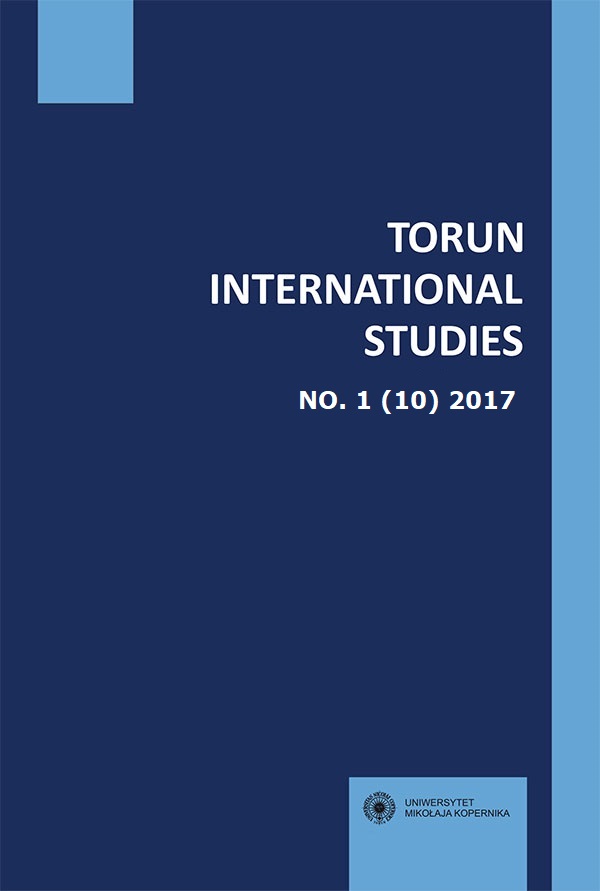DEVELOPMENT OF FAIR TRADE IDEAS
DOI:
https://doi.org/10.12775/TSM.2017.001Keywords
Fair Trade, civic movement, Word shops, WFTO, IFAT, developing countries, education, tradeAbstract
The topic of the work below is the development of fair trade ideas over the years. By analyzing reports, websites, and newspaper reports, I have been able to compare the work of fair trade organizations. The social movement has transformed the activity into fully professional non-governmental organizations. However, the international and international institutions have become increasingly popular. The development of the concept has a significant impact on the quality of life of people in developing countries. Through the promotion of promotional and educational campaigns, the awareness of both consumers and small producers who are able to create their own networks increases. Idea Fair Trade turned out to be hope for the fight against poverty, disproportions in the world. Through trade we are able to support developing countries. The emergence of international organizations allows for the control of these processes, as well as the development of concept and control of activities. The aim of the article is to show the proces of developing and giving the idea of fair trade.
References
About GROW. (2017). Oxford: Oxfam International. Retrieved September 11, 2017, from http://www.oxfam.org
Culemborg. (2004). History of Fair Trade. Retrieved September 11, 2017, from http://wfto.com/about-us/history-wfto/history-fair-trade
Dragusanu, R. (2014). he Economic of Fair Trade. Journal of Economic Perspectives, No 3.
Glöckner, C. (2009). Analysis of Fair Trade as a Concept of Sustainability. Munich: GRIN Verlag. Retrieved September 11, 2017, from http://www.grin.com/en/e-book/130047/analysis-of-fair-trade-as-a-concept-of-sustainability
Kohler, P. (2006). he economics of fair trade cofee: for whose beneit? Geneve: University in Geneve.
Krier, J.M. (2001). Fair Trade in Europe in 2001. Maastricht: European Fair Trade Association.
Leszczyński, A. (2005). Zrobieni w kakao. O podróży Adama Leszczyńskiego do spółdzielni Fairtrade w Ghanie. Retrieved September 11, 2017, from http://www.efte.org/wp-content/uploads/2007/09/leszczynski_zrobieni.pdf
Litvinof, M., Madeley, J. (2007). 50 Reasons to Buy Fair Trade. London: PLUTO PRESS.
Makulski, T. (2013). Sprawiedliwy Handel- Przewodnik dla uczestników kampanii promocyjnej. Gdynia: Polskie Stowarzyszenie Sprawiedliwego Handlu.
Nogieć, J. (2015). Znaki sprawiedliwego handlu jako istotny element opakowania w komunikacji z konsumentem. Wrocław: Uniwersytet Ekonomiczny.
Puri, L. (2009). Aid for Trade: Global and Regional Perspectives: 2nd World Report on Regional Integration. Geneve: Springer Science & Business Media.
Radziukiewicz, M. (2013). Postrzeganie idei Sprawiedliwego Handlu- zachowania i postawy polskich konsumentów. Handel Wewnętrzny, No 3.
Wasilik, K. (2015). Idea Fair Trade. W kierunku odpowiedzialnej konsumpcji. Zeszyty Naukowe Uniwersytetu Szczecińskiego, No 865.
Wielechowski, M. (2012). he essence of fair trade and its importance in the world economy. Warsaw: Scientarium Polonorum.
Downloads
Published
How to Cite
Issue
Section
Stats
Number of views and downloads: 601
Number of citations: 0



